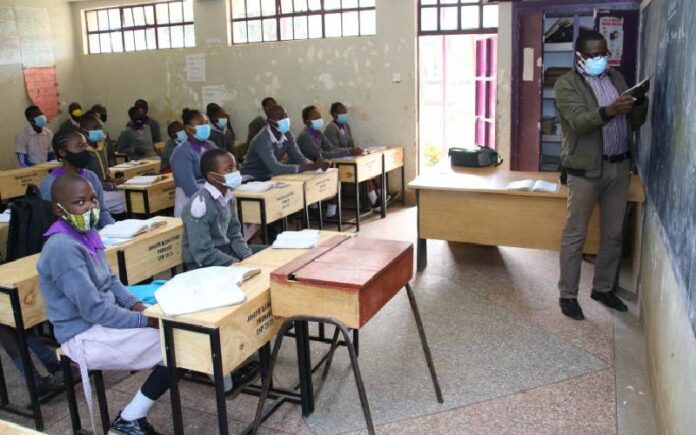Why TSC May Lose Internship Teachers Next Year
Educators are crucial in shaping our country’s educational landscape. Our country’s educational system has seen considerable changes in recent years, most notably with the implementation of the Competency Based Curriculum (CBC) in elementary schools, which includes the inclusion of junior secondary school levels.
This shift, however, has not been without its challenges, the most notable of which is a shortage of trained teachers in many public schools.
To address this scarcity, the government took preemptive steps earlier this year through the Teachers Service Commission. They went on a hiring spree, hiring 8,000 teachers through the Post-Primary Teacher Training Program (PNP) and another 15,000 through internship programs. These initiatives attempted to address the teacher shortage situation, and many of the newly hired educators began their work in February, with more expected to begin in August.
It’s important to note that these intern instructors are now working under contract, with agreements often lasting at least a year.
This arrangement, though, may change in the following months. There is a growing fear among these teachers that if their issues are not sufficiently addressed by their employer, the Teachers Service Commission, they would resort to strike action.
Some of the critical challenges that these educators are attempting to resolve include inadequate pay, poor working conditions, and the load of taxation on their meager salaries.
They say that, given our country’s difficult economic conditions, the government should consider granting them permanent posts or increasing their stipends.
The majority of teachers are protesting the commission’s deductions from their meager salary, which include House Levy, NSSF, and even NHIF.
The ‘Moguls’ of JSS are perplexed as to why the commission did not consider them in during the 7-10% Salary Increment for Teachers, but they are counted as any other teacher when it comes to deductions.
Since the implementation of the new curriculum, these teachers have faced numerous challenges. Schools are dealing with insufficient teachers, insufficient facilities, and a lack of clear norms controlling this new curriculum.
Given these developments, it is critical that the government move quickly to address these problems before they worsen. Our teachers’ devotion and commitment are critical to the success of our educational system, and addressing their grievances is critical to ensuring that our students continue to receive a high-quality education.




![Kenya’s Top 10 Marketable Degree Programs [List] Kenya's Top 10 Marketable Degree Programs [List]](https://opportunitiesforkenyans.co.ke/wp-content/uploads/2025/02/Kenyas-Top-10-Marketable-Degree-Programs-List-100x70.jpg)

